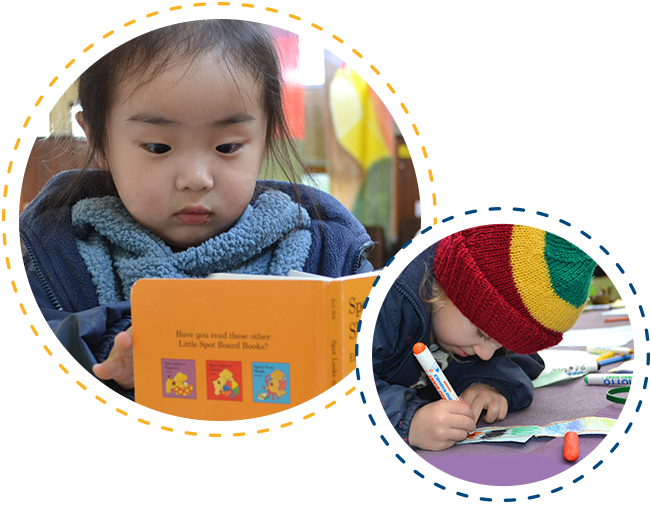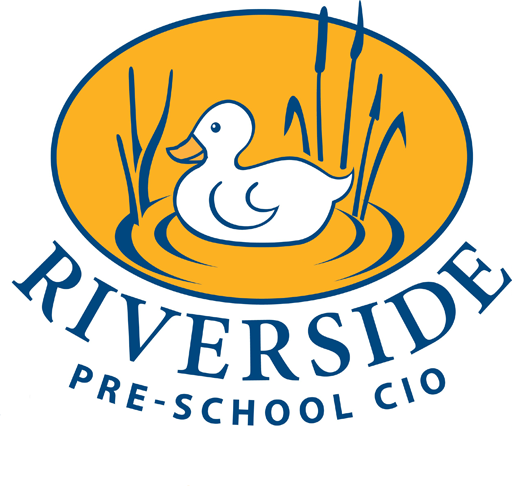Curriculum Goals
These curriculum goals are an end point for when a child moves on into school. We break these goals down into little steps, creating planning and designing environments to support their development. When learning is consolidated, we then move on to the next step and together make our way up the ladder.
- To become a confident communicator who can listen carefully in different situations, hold a conversation with friends and adults, ask relevant questions and use new vocabulary to explain ideas and feelings.
- To become a talented tool user who can hold a pencil to make marks and use a range of tools (for example scissors, paintbrushes, hairbrushes, scarves, or ribbons) safely and with confidence.
- To become a fantastic friend who can be kind, caring and helpful, show empathy and respect to others, work and play co-operatively whilst considering others’ ideas and feelings.
- To become an independent individual who can follow Spots rules and simple goals and persevere to complete them, manage their own personal needs, and know how physical activity affects their body.
- To become a master of maths who understands the link between numerals and quantity up to and sometimes beyond 5. Uses shapes appropriately to group, build and combine. Can recognise simple patterns in sound, objects, games, stories, dance, and movement. Finds longer, shorter, heavier, or lighter etc.
- To become a brilliant bookworm who shows a love for stories and storytelling, can talk about characters and settings. Recognise familiar words and signs, such as own name, logos, and icons. Is aware of rhyme, alliteration, rhythm in words and songs and can hear initial sounds in words.
- To become an exceptional explorer who can ask questions about and shows curiosity, care, and concern about the world around them.
- To become a dynamic designer who can choose and safely use the resources they need to make their creations, talk about what they have made and how they have made it.
- To become a compassionate citizen who shows interest in people’s occupations and ways of life. Joins in with and recognises their own families’ unique customs and can talk about special times and/or events.
- To become a wow writer who can give meaning to the marks they make in their play, such as lines, shapes and symbols (early writing). Can identify meaningful letters on a keyboard, own name etc and is beginning to make letter-type shapes.
- To become a proud performer who uses movement, song, art and sound to share their thoughts and ideas. Uses experiences and resources to build imaginative play ideas sometimes alongside other children.
- To become an amazing athlete who can show strength, balance and co-ordination when playing, move confidently and safely in a variety of different ways, and use a range of equipment.

